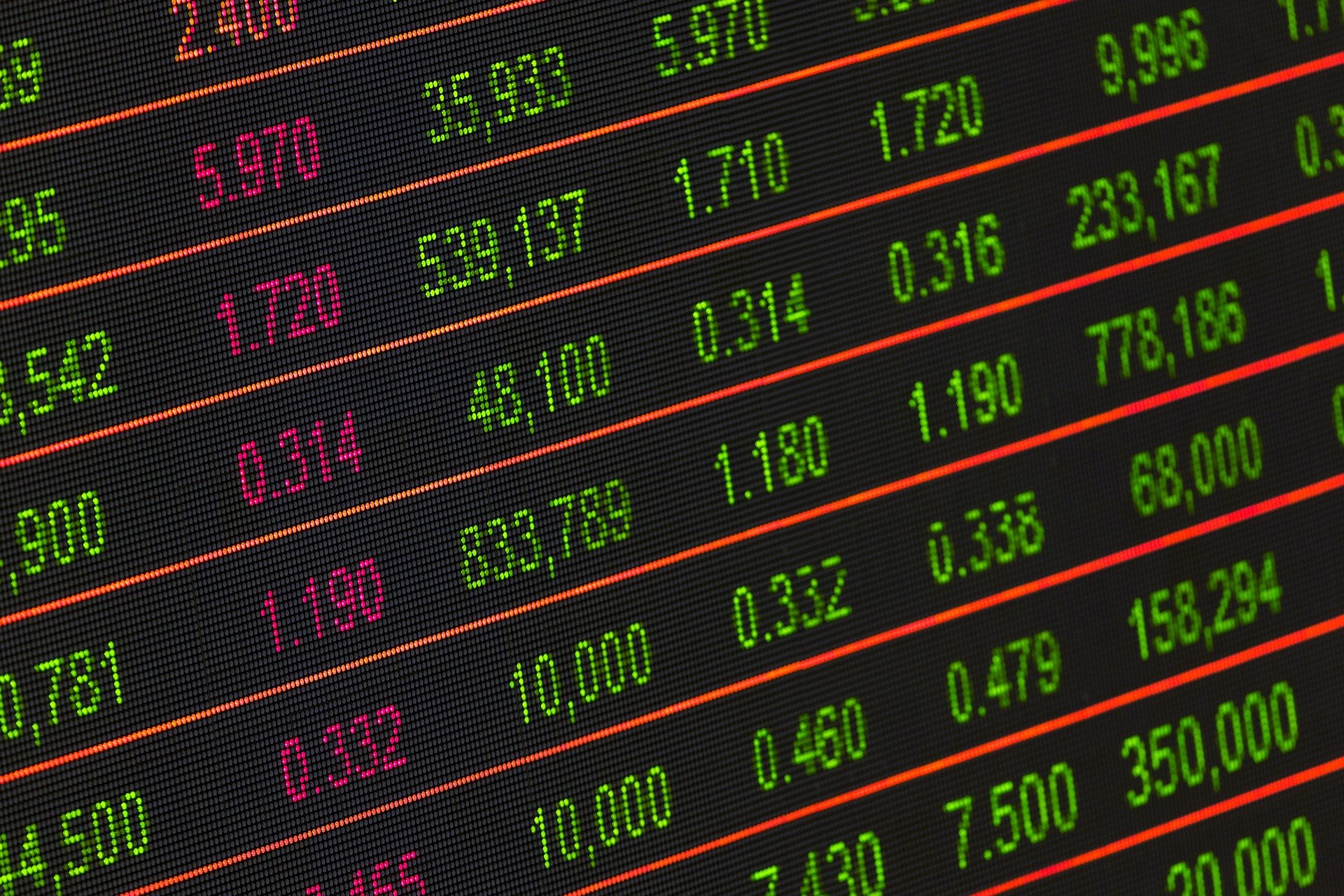Stocks are off to a mostly lower start on Wall Street as the market comes off its worst weekly decline since February. The S&P 500 was off 0.1% in the early going Monday. Losses for several Big Tech companies helped pull the Nasdaq down 0.4%. AT&T and Discovery rose sharply after the companies said they would combine their media businesses. Steelmakers were higher after the U.S. and Europe agreed to temporarily suspend tariffs on steel that had been imposed over a trade dispute. Treasury yields were mostly higher. European markets were mostly lower and Asian markets ended mixed.
Global stock markets were mixed Monday after surging new coronavirus cases in Thailand and Taiwan fueled disease fears and Chinese factory and consumer activity were weaker than expected.
London and Frankfurt opened lower. Shanghai and Hong Kong advanced while Tokyo declined.
Wall Street futures fell after the S&P 500 index gained Friday, rebounding from heavy selling earlier, but finished the week down 1.4% for its biggest weekly loss in three months.
Thailand reported 9,635 new coronavirus cases. That added to concern after Taiwan and Singapore announced limits on public gatherings and other curbs over the weekend following new infections. The rebound in economies that appeared to have the disease under control fueled concern the region’s recovery might be pushed back.
“The buy everything exuberance that rounded out the week in New York had not translated into Asian markets,” said Jeffrey Halley of Oanda in a report. “Instead, it is surging cases of Covid-19 across Asia that have grabbed the headlines.”
Investors also looked ahead to Tuesday’s release of notes from the latest U.S. Federal Reserve meeting.
In early trading, the FTSE 100 in London lost 0.4% to 7,018.67 and Frankfurt’s DAX was off less than 0.1% at 15,402.13. The CAC in Paris shed 0.2% to 6,373.84.
On Wall Street, futures for the S&P 500 and the Dow Jones Industrial Average were off 0.2%.
On Friday, the S&P 500 rose 1.5% to 4,173.85. The Dow Jones Industrial Average added 1.1% to 34,382.13, ending down 1.1% for the week. The Nasdaq advanced 2.3% to 13,429.98 for a weekly loss of 2.3%.
Wall Street’s gain Friday was led by technology stocks. Apple, Microsoft, Facebook, Amazon.com and Google’s parent company all rose 1% or more. Retailers, banks and industrial stocks also rose.
That followed three days of heavy selling driven by investor worries about a possible rise in U.S. inflation. The major indexes had hit all-time highs the previous week.
In Asia, the Shanghai Composite Index gained 0.8% to 3,517.62 after government data showed April growth in factory output, retail spending and investment decelerated from the previous month’s explosive rate.
The Nikkei 225 in Tokyo fell 0.9% to 27,824.83 while Hong Kong’s Hang Seng advanced 0.6% to 28,194.09.
The Kospi in Seoul shed 0.6% to 3,134.52 while Sydney’s S&P-ASX 200 added 0.1% to 7,023.60.
India’s Sensex rose 1.4% to 49,407.13. New Zealand and Singapore gained while Bangkok and Jakarta retreated.
Taiwan’s 333 new virus cases and Singapore’s 21 were modest compared with India’s thousands. But they come after Malaysia, Thailand and the Philippines re-imposed curbs in response to rising case numbers.
“You don’t have much time to nip this in the bud before you could be dealing with an India-like situation,” said Robert Carnell of ING in a report. The economic impact “will depend in large part on how successful the measures now being rolled out end up being.”
In energy markets, benchmark U.S. crude rose 11 cents to $65.48 per barrel in electronic trading on the New York Mercantile Exchange. The contract gained $1.55 on Friday to $65.37. Brent crude, used to price international oils, added 13 cents to $68.84 per barrel in London. It closed $1.66 higher the previous session at $68.71.
The dollar declined to 109.27 yen from Friday’s 109.36 yen. The euro gained to $1.2150 from $1.2143.


